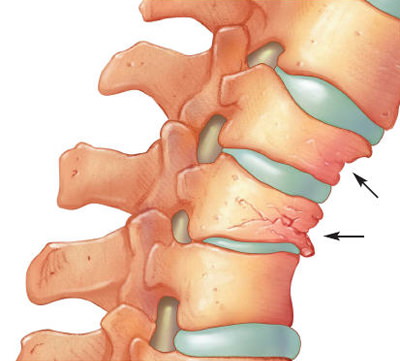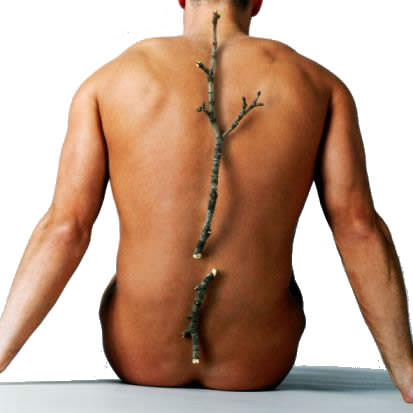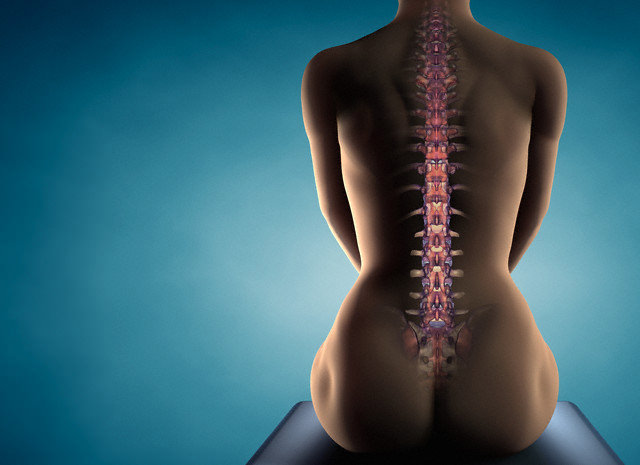About Osteoporosis
Osteoporosis is a condition affecting the bones, causing the weakness, fragility and bone breaking predisposition (fractures). These fractures most often occur in the spine, wrists and hip, but they can also affect other bones, such as the arm or pelvis. In the UK, approximately 3 million people have osteoporosis suspicions, with an yearly rate of more than 230,000 patients with resulting fractures. Even if it was generally associated to postmenopausal female patients, osteoporosis may also be encountered in male patients, young women or children.
The bone is made of a hard outer layer with a collagen network (string elastic fibres), minerals (including calcium), blood vessels and the bone marrow on the inside. This collagen matrix has the appearance of a honeycomb, with spaces amongst the various components. Healthy bones are very dense, and the spaces inside the bone are small. In the bone affected by osteoporosis, the spaces are larger, which weakens the bone, leads to the loss of elasticity and breakage predisposition.





